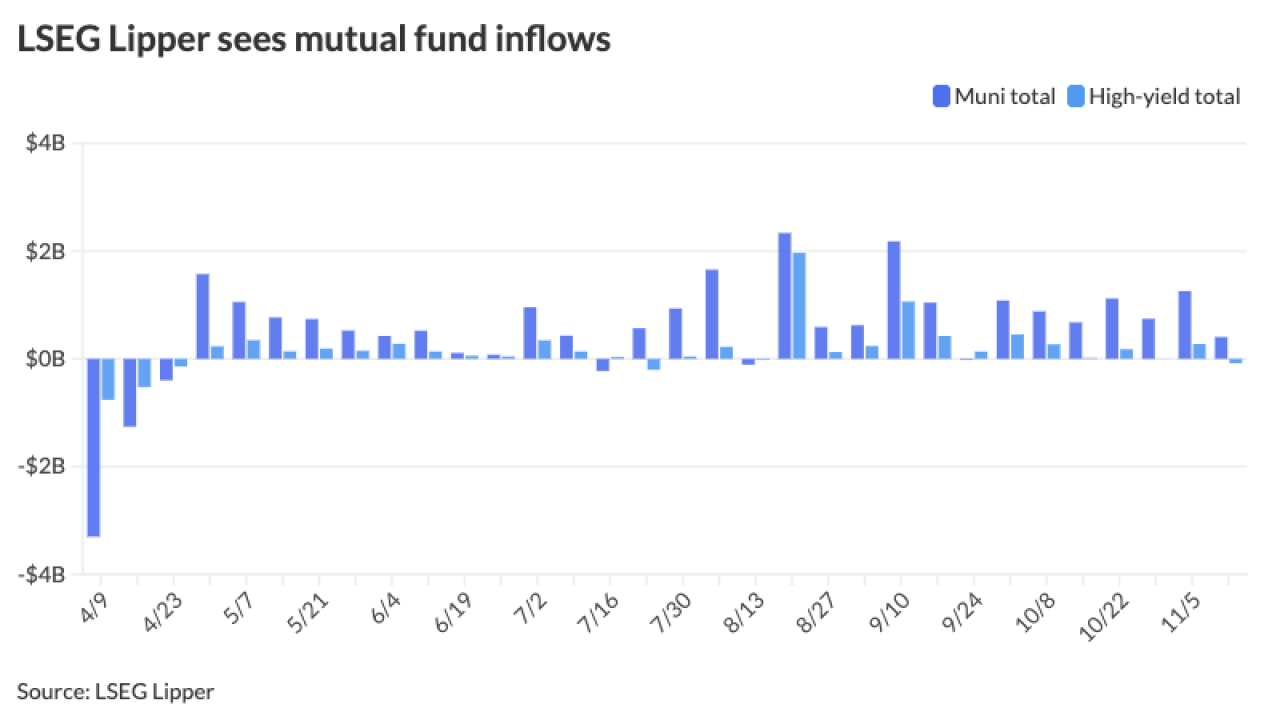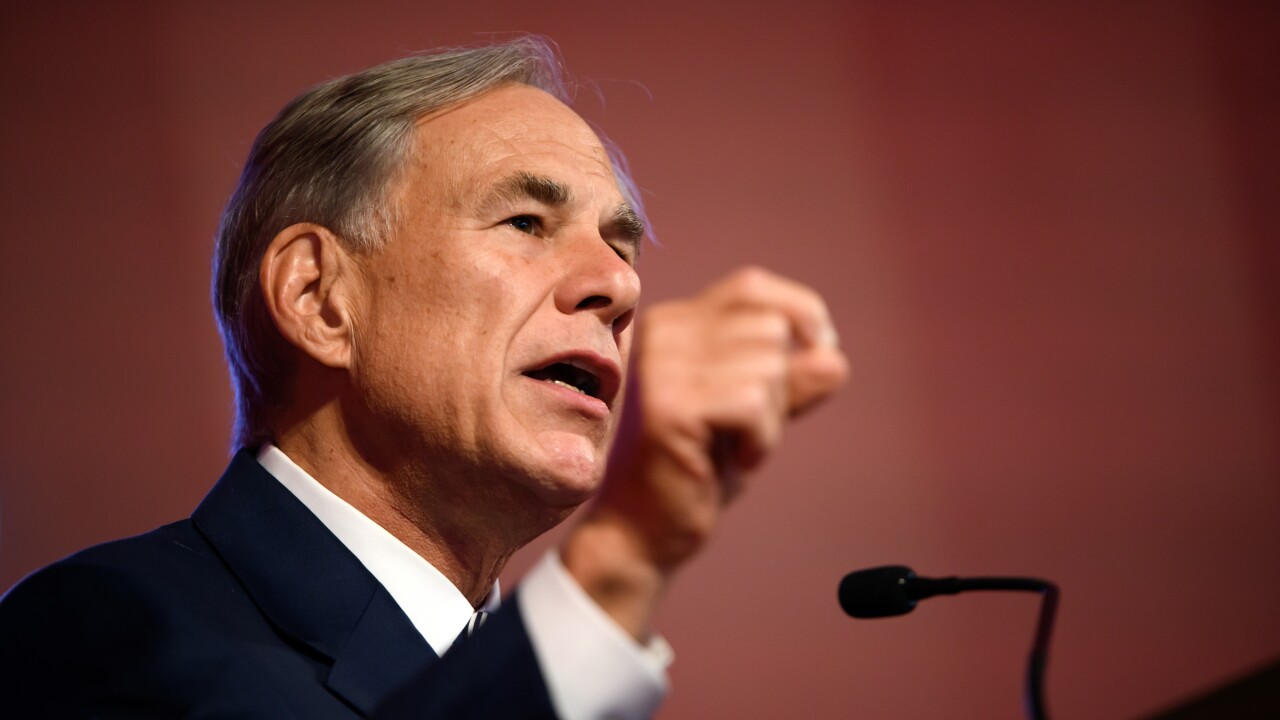
CHICAGO – The Illinois Board of Education has opened an investigation of Chicago school finances, the latest sign of escalating tensions between the fiscally stressed Chicago Public Schools and Gov. Bruce Rauner's administration.
The state board's action is allowed because the junk-rated district had previously been given the designation of "financial watch status."
The state board said it would use the information to determine if conditions exist for "certification of financial difficulty." While the state can intervene with districts based on certain criteria and designations, it lacks the power under current statutes to put CPS under state oversight.
In a Feb. 18 letter to the district's chief executive officer, Forrest Claypool, and Chicago Board of Education President Frank Clark, the state board said it was hoped "that the forthcoming investigation will identify opportunities for actions to be taken that will improve the financial condition of Chicago Public Schools, avoid "certification of financial difficulty," and, most importantly, result in fiscal stability.
The board is seeking the district's last four annual audits, monthly bank reconciliations by fund, annual and projected cash flow by fund, three-year financial projections and assumptions, three-year financial plans to balance its budget, monthly payroll amounts, information on many major contracts and negotiated labor contracts, and health insurance assumptions.
The board also has requested the district's alternate revenue bond amortization schedules to determine how much general state aid or other revenues must be diverted from operations for debt service. The district issues most of its debt under a state allowed alternate revenue bond structure.
The district pledges its full faith and credit but a dual pledge of designated revenues and an ad valorem tax levy are the primary support. The district pledged its state aid on its $725 million bond sale last month.
In a statement, CPS took a jab at the governor, questioning his own ability to manage state finances given the state's $7 billion bill backlog that's resulted from the state budget impasse.
"By contrast, in the past six months, CPS has cut its budget deficit by nearly a third and done everything in our power to keep cuts from our classrooms. The last time Gov. Rauner offered his financial advice for Chicago Public Schools, Chicago taxpayers were forced to pay even more for our bonds, and we cringe at what his latest venture could cost our children," said spokeswoman Emily Bittner.
Bittner was referring to Rauner's comments supporting GOP-backed legislation to allow for a state takeover of Chicago's schools and possible Chapter 9.
The warning rattled the market along the district's ratings deterioration and labor unrest, even though majority Democrats oppose the legislation. The district was forced to delay its sale to drum up more investor interest as it struggled with market access. It ended up scaling back the deal and paying a steep yield of 8.5% with a deep price discount.
Tension between the Rauner administration and CPS has continued to rise in recent weeks. Rauner has said there will be no state bailout of the district, which is seeking $480 million in state pension funding help to balance its current budget. Rauner has suggested help could be forthcoming if Chicago Mayor Rahm Emanuel backed his governance and policy proposals opposed by the legislature's Democrats.
Rauner targeted the district in his Wednesday budget address saying it receives a special deal and captures more overall state funding through various grants and other sources.
Later in the day, Claypool held a news conference to counter Rauner's assertion's and called the district's funding package a "raw" deal. The district is arguing that it's penalized because the state picks up other districts' teacher pension payments and says if it were on an equal footing it would receive much more overall funding especially given its level of impoverished students. The latest back-and-forth comes as the district has threatened to file a federal discrimination lawsuit over state funding.
One bit of positive news for the district, Moody's Investors Service on Thursday called CPS' $268 million debt service deposit this month a credit positive.
"The deposit is credit positive for the cash-strapped district because it pre-funds all general obligation (GO) debt service payments through March 1, 2017," Moody's said. With the payment made on time and in full, the district then abates its property tax levy to reflect payment.
"The failure to make the deposit would indicate more severe liquidity concerns for the district," analysts wrote. The $725 million issue that the district struggled to get done last month eased the amount needed for the February deposit by rolling over $206 million of near-term maturities.
As the district grapples with a $1 billion deficit in its next budget, Moody's said it looks favorably on the $335 million in annual savings achieved through cuts and ending its pick-up of 7% of teachers' 9% pension contribution.
A new teacher's contract remains a key near-term challenge and a strike could occur as soon as May.
"The district is projecting to conclude the current fiscal year with a cash position of $118 million, or 2% of budgeted general operating fund revenues. "Should an unfavorable labor outcome occur without commensurate cuts, further pressure would be placed on the district's very weak liquidity position," Moody's warned.
A state takeover of CPS is not permitted under the state's 1994 school district financial oversight panel and emergency financial assistance law. It exempts school districts with a population over 500,000. Chicago is the only city in Illinois exempt. Under the





